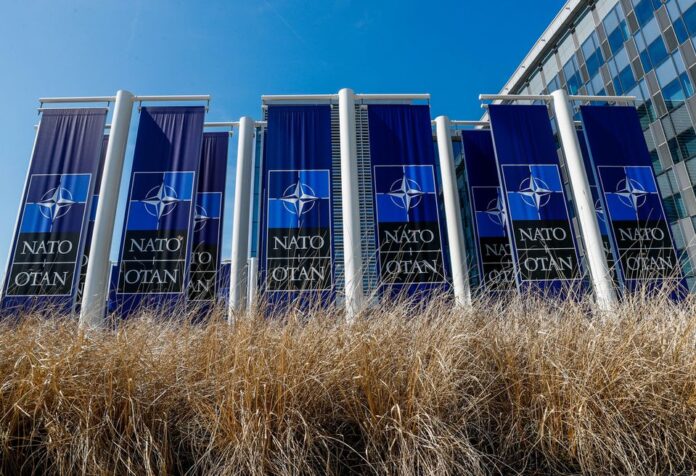More than 50 countries will gather on the sidelines of a NATO meeting in Brussels on Wednesday to discuss bolstering Ukraine‘s air defence, two days after Russian missiles targeted cities across the country, including the capital Kyiv, according to Reuters.
Advanced air defence systems are designed to protect entire cities from air attacks. Russian air raids on Monday killed 19 people in Ukraine, wounded more than 100 and knocked out power supplies across the country.
On Tuesday, Ukraine received the first of four IRIS-T SLM air defence systems Germany promised to supply, a German defence ministry source said.
NATO Secretary-General Jens Stoltenberg, speaking ahead of a two-day meeting of the alliance’s defence ministers on October 12-13 in Brussels, urged allies to provide additional air defence systems.
He called Russia’s missile attacks a sign of weakness and a result of the fact that President Vladimir Putin was running out of alternatives.
“Ukraine has the momentum and continues to make significant gains while Russia is increasingly resorting to horrific and indiscriminate attacks on civilians and critical infrastructure,” said Stoltenberg.
After an explosion on the Crimean Bridge, Putin on Monday warned Ukraine that there would be a harsh response if there were any further “terrorist” attacks, which he referred to as targeting Russia’s „critical civilian infrastructure.”
Before NATO defence ministers kick of their talks with a dinner on Wednesday, they are set to meet with partners of the Ukraine Contact Group, a body established on initiative of the United States to keep up arms supplies to Kyiv.
Discussions of the more than 50 countries will focus on providing additional air defence systems to Ukraine, said the U.S. ambassador to NATO, Julianne Smith. Ukraine’s Defence Minister Oleksii Reznikov will take part in both Brussels events.
The gathering of defence ministers is the first major NATO meeting since Moscow annexed several Ukrainian territories, announced a mobilisation and issued veiled nuclear threats, moves that NATO has classified as a clear escalation of the war that started with the invasion of Ukraine on February 24.
Stoltenberg said that while the alliance had not seen any changes in Russia’s nuclear posture, it was vigilant and would proceed with its annual nuclear preparedness exercise next week.
He was referring to the “Steadfast Noon” exercise, in which NATO air forces practise the use of U.S. nuclear bombs based in Europe with training flights, without live weapons. Cancelling the drills because of the war in Ukraine would send a “very wrong signal”, Stoltenberg said.


